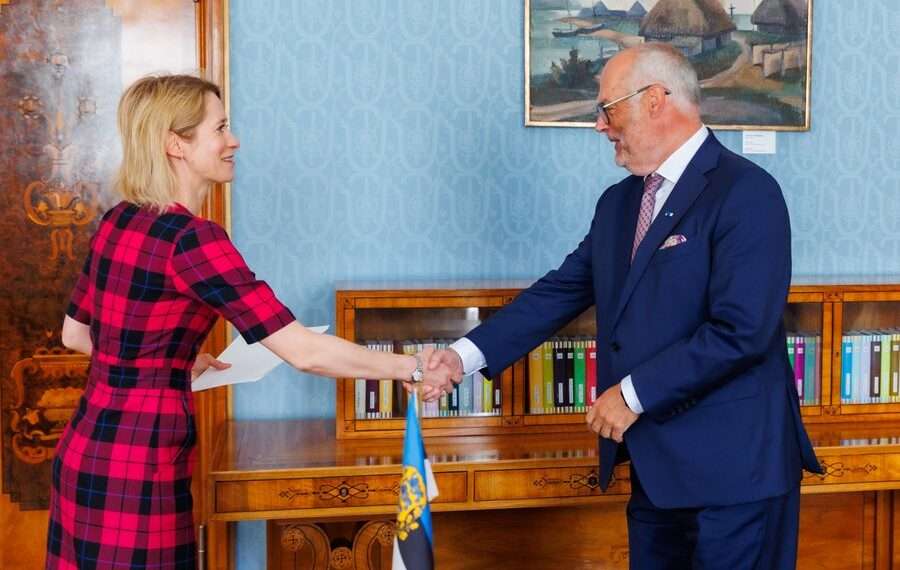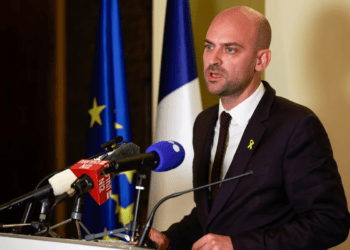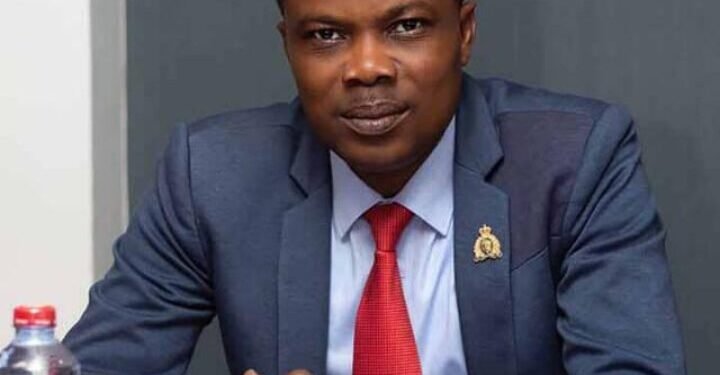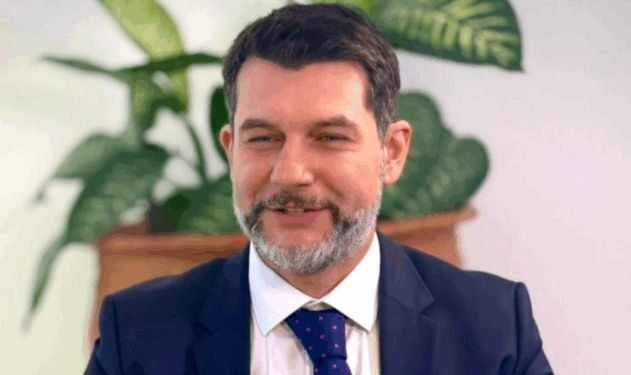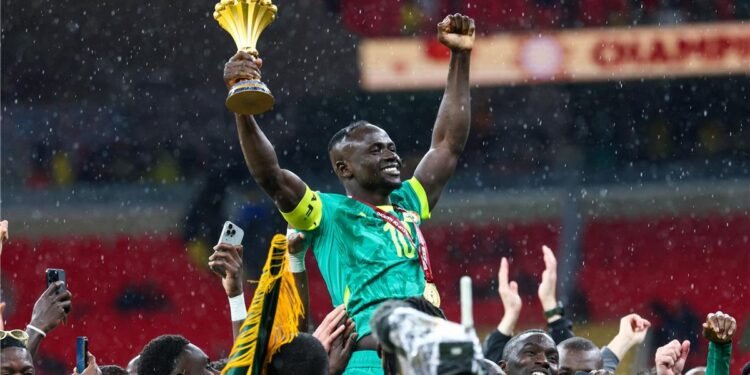Estonian Prime Minister, Kaja Kallas, has submitted her resignation in preparation to serve as the EU’s next high representative for foreign affairs.
Kallas was nominated as the EU’s top diplomat in June.
However, her role will be confirmed at a hearing on July 18, 2024.
She will succeed Josep Borrell, who has served as the EU foreign policy Chief since 2019.
Kallas, who is Estonia’s first female Prime Minister, has held the role of Prime Minister since 2021 and led three consecutive governments.
She will also step down as Reform Party chairperson later this summer.
She handed in her formal resignation to Alar Karis, the Estonian President during a brief meeting at the Presidential Palace in the capital, Tallinn.

The Estonian President said that he accepted her resignation.
“I thanked her for her work and wish her the best of luck! I will begin talks with representatives of all political parties in the Riigikogu to form a new government,” he said.
Riigikogu is the Estonian Parliament.
“The Reform Party, the current Prime Minister’s Party, which has the largest parliamentary group in the country with 37 members after the elections, has nominated a candidate for a possible head of government. I would now like to hear the views of all the parliamentary parties on who they think can form a workable majority government, given the strengths of the Riiigikogu.”
Alar Karis
“Estonia needs a government that governs and makes decisions that help to boost the economy, safeguard our security and thereby ensure the security and well-being of the Estonian people,” Karis said.
Negotiations are already underway between Reform, SDE and Eesti 200 to continue the current power union with new government expected to likely take office at the start of August.
Kristen Michal is leading discussions, having been nominated as the Reform Party’s prime ministerial candidate.
Kallas will formally remain Prime Minister until a new government is sworn in.
Kallas’ Nomination Representative Of Mainstream View
Merili Arjakas, a fellow at the International Centre for Defence and Security (ICDS), a think tank in Tallinn, Estonia, opined that Kallas’ nomination “proves that now she represents the mainstream view in EU capitals.”
“Kallas personally hasn’t been vocal about foreign policy questions other than Russia,” Arjakas said.
Arjakas added, “In any case, it will come down to what the EU decides as a whole on major foreign policy questions.”
Kallas has been one of Europe’s most vocal backers of Kyiv following the Russia’s war on Ukraine in Feb. 2022.
Kristi Raik, Deputy Director at the ICDS, said that Kallas will have a critical view of China and Iran but will also judge them based on their ties with Moscow.
“I think China will be an issue where the EU is kind of developing its approach regarding transatlantic relations,” Raik noted.
Raik said, “Iran, I don’t think she will strongly formulate a view. But with Iran now being a close partner of Russia and being an authoritarian regime, that will be the basic starting point.”
Additionally, Raik noted that Kallas will take great care in pushing for a multilateral, rules-based world order.
“She comes from a small state, so it’s very natural for her to lay strong emphasis on a rules-based order where international agreements are valid and norms respected,” Raik said.
Others, however, have said that while that approach may work in the context of the threat Russia poses to smaller Baltic states, it could be controversial when it comes to conflicts in the Middle East.
READ ALSO: SSNIT Hotel Sale Brouhaha: Ablakwa Calls for Immediate Government Action

